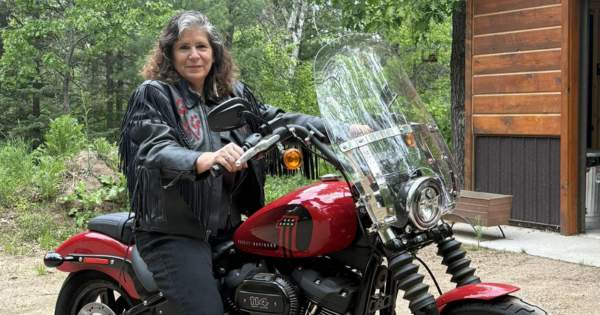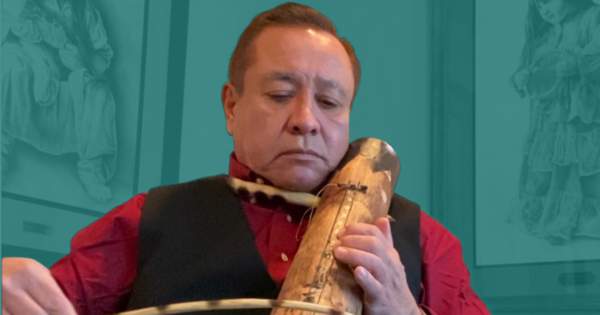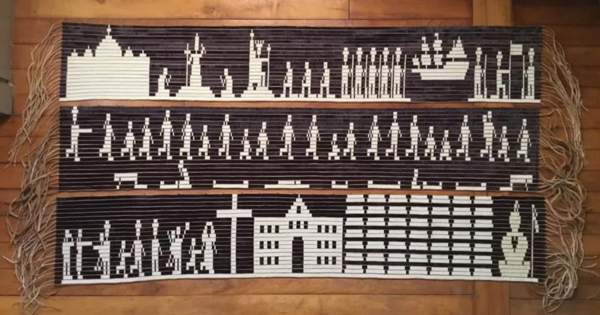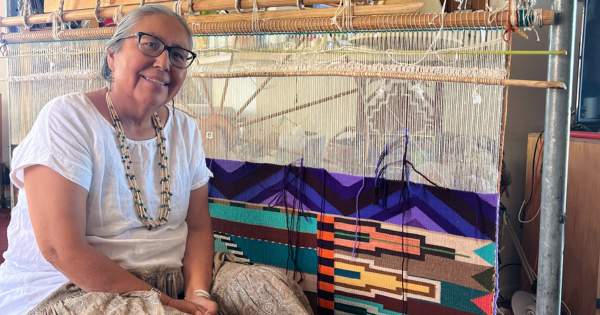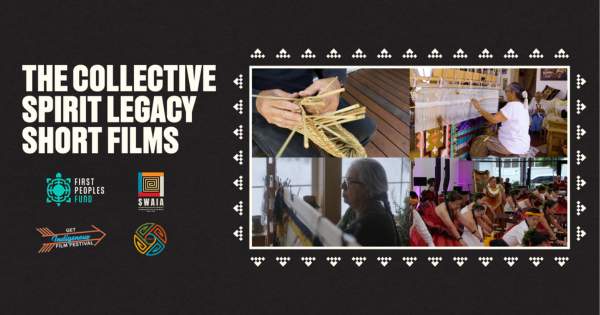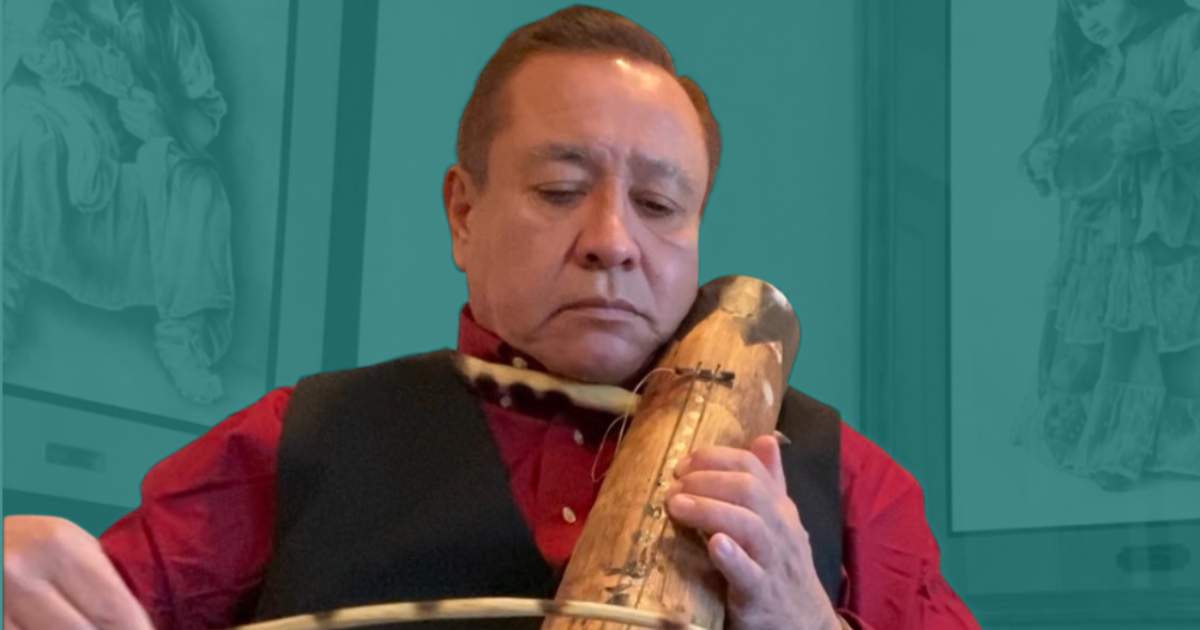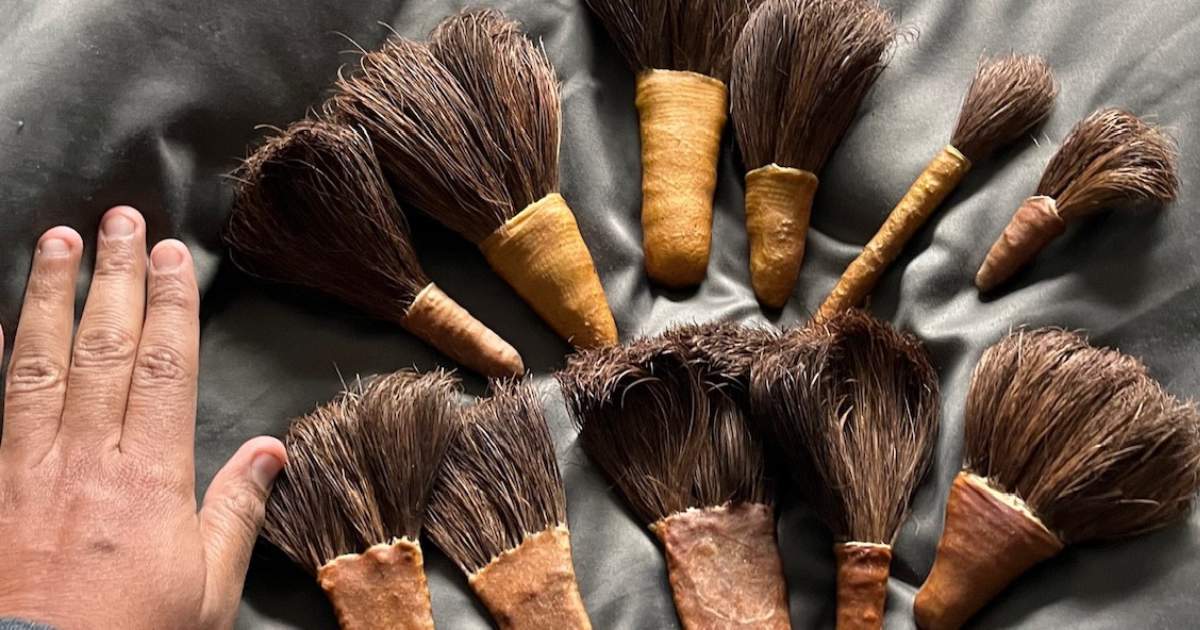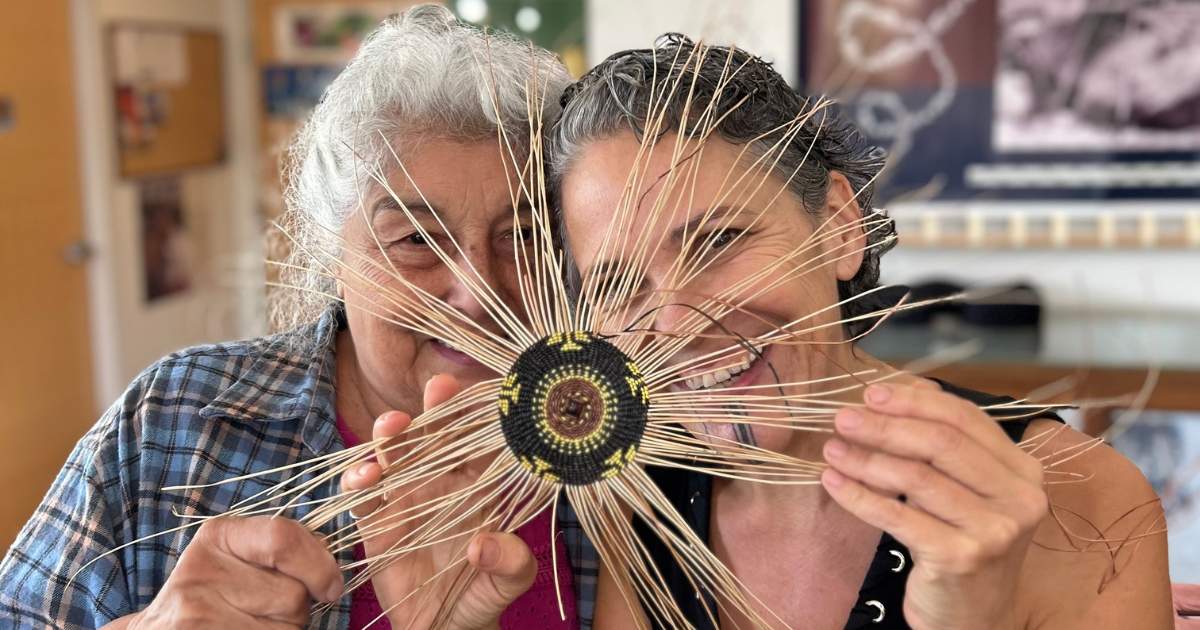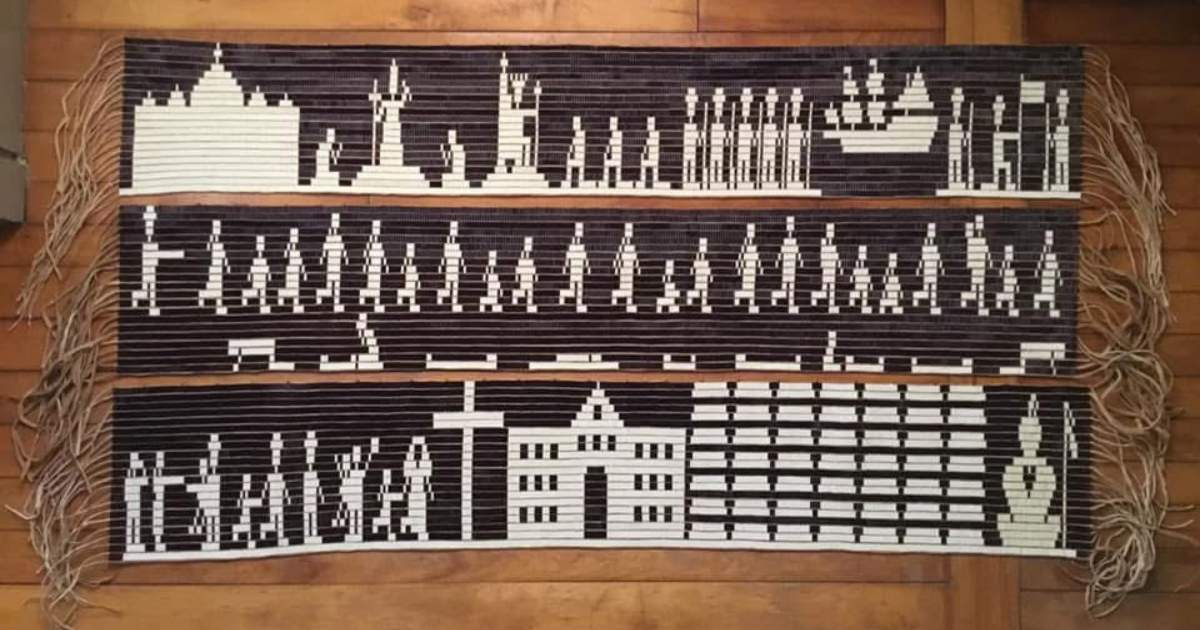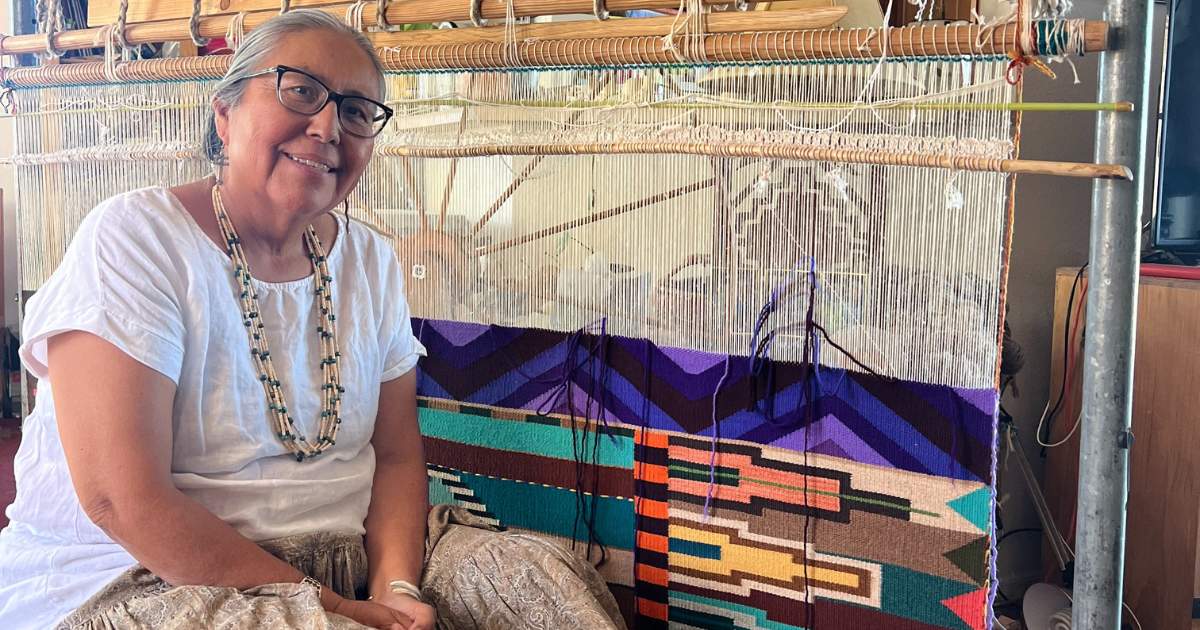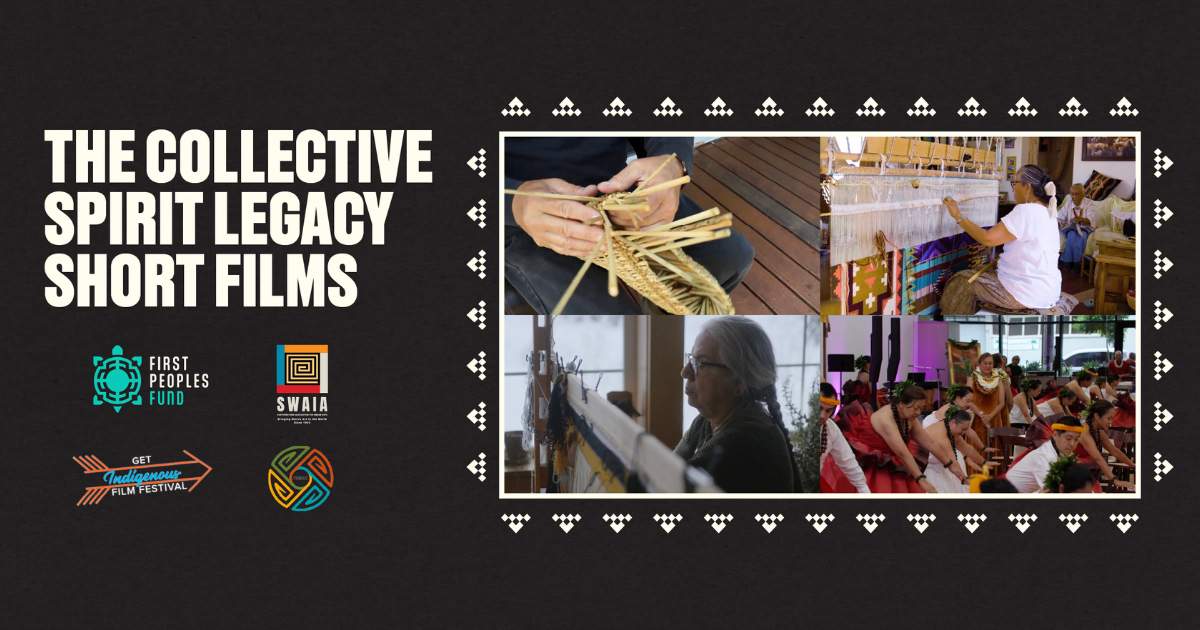
Standing on the Kumu's Shoulders
By Sarah Elisabeth Sawyer, Artist in Business Leadership Fellow 2015
The class gathers and sits on mats to prepare for a lauhala weaving class. “Lauhala” simply means “leaf from a hala tree.” But this isn’t simply a craft class. There is protocol, an ancient way to approach this art that was taught to Duncan Ka’ohu Seto (Native Hawaiian) by master weavers of his time. Now Ka’ohu is a master weaver, and it is his turn to be the kumu, the teacher.
Ka’ohu’s students share stories while they work, and he joins in, though always watching carefully. When he sees a mistake made, he is the kumu. He corrects the error with humor and understanding. They laugh. There is a balance between firm and fun, because when Ka’ohu takes on students, he is responsible for them. He reminds them that it’s their turn. It’s their time. They stand on his shoulders.
Beyond the chants, protocols, and stories, the harvesting itself should be done correctly, as well as caring for Hawaiian resources. Ka’ohu wants the students to not only weave but reconnect with the legacy of their ancestors. This strengthens his community when they choose lauhala to express themselves as Native Hawaiians.
Elizabeth Ka’iulani In Takamori counts herself among the next generation of artists that Ka’ohu’s generation is building bridges for. She has known him as a Maoli Arts Month artist, Wailoa Art Gallery curator, teacher, and First Peoples Fund co-trainer. She knows him as a mentor, a quiet, humble giant with deeply rooted ancestral knowledge which is at the heart of why Elizabeth nominated Ka’ohu for the First Peoples Fund Community Spirit Award.
Only a generation ago — the generation of Ka’ohu’s grandmothers — lauhala was a part of Hawaiian households. Families gathered and went through the production process together to make floor mats or baskets. Today, families do not make time for this process. Ka’ohu wants to make the practice accessible for his communities.
Lauhala plays an important role in another part of his life’s work — repatriation, bringing home his ancestors’ bones that have been scattered around the world. Ka’ohu is a member of a Native Hawaiian organization called Hui Mālama I Nā Kūpuna O Hawai’i Nei. They have repatriated from institutions in the United States, Australia, Canada, Sweden, Switzerland, Scotland and the United Kingdom.
There was a great deal of discussion on the proper way to bring bones home with dignity. It was decided to wrap the bones and put them in lauhala baskets. Hala means to “pass on or die.” Lauhala baskets were appropriate for the task. Ka’ohu has made numerous burial baskets through the years.
Ka’ohu began as a student 30 years ago. Now he is a teacher, a kumu who is intimately familiar with Hawaiian styles and philosophies. He has incorporated it into his life and way of teaching his students. He wants them to have a clear path to follow, for them to become deeply rooted in ancestral knowledge. In this way, Hawaiians will always have lauhala mats to sit on while weaving.
Duncan Ka'ohu Seto is a 2016 Community Spirit Award Honoree. Join us in celebrating Duncan and the other honorees on October 8, 2016.

